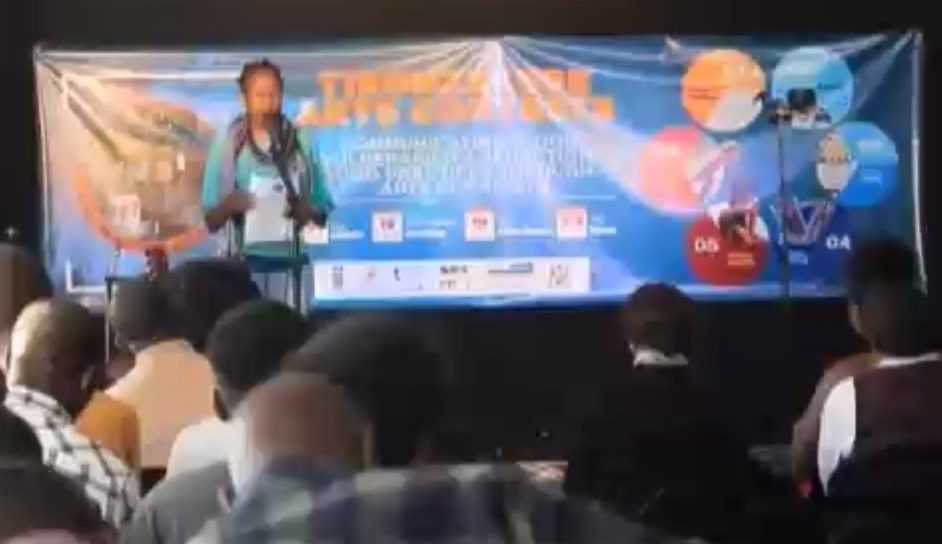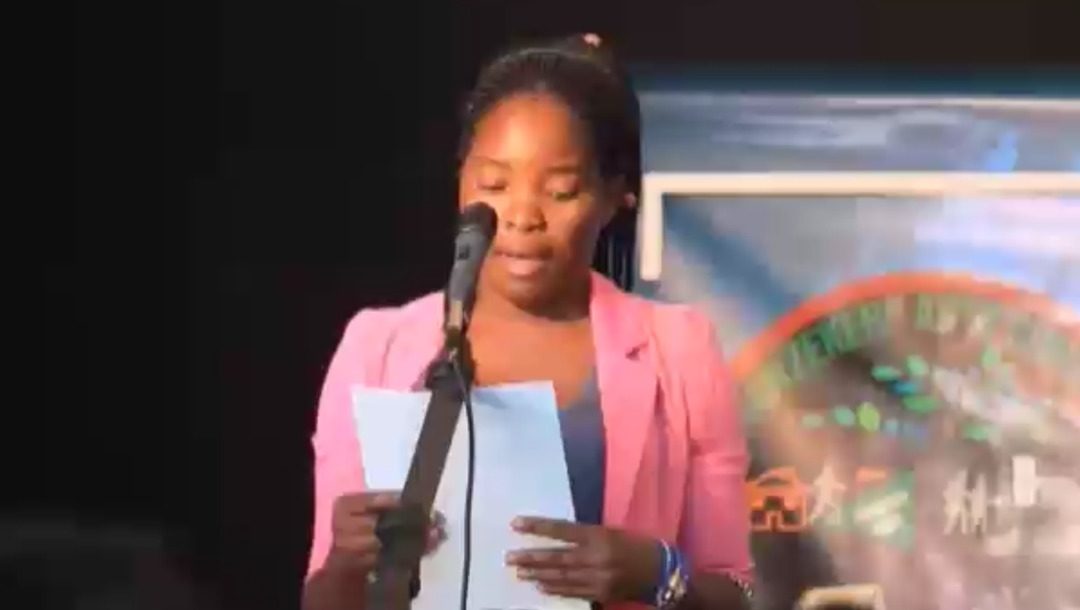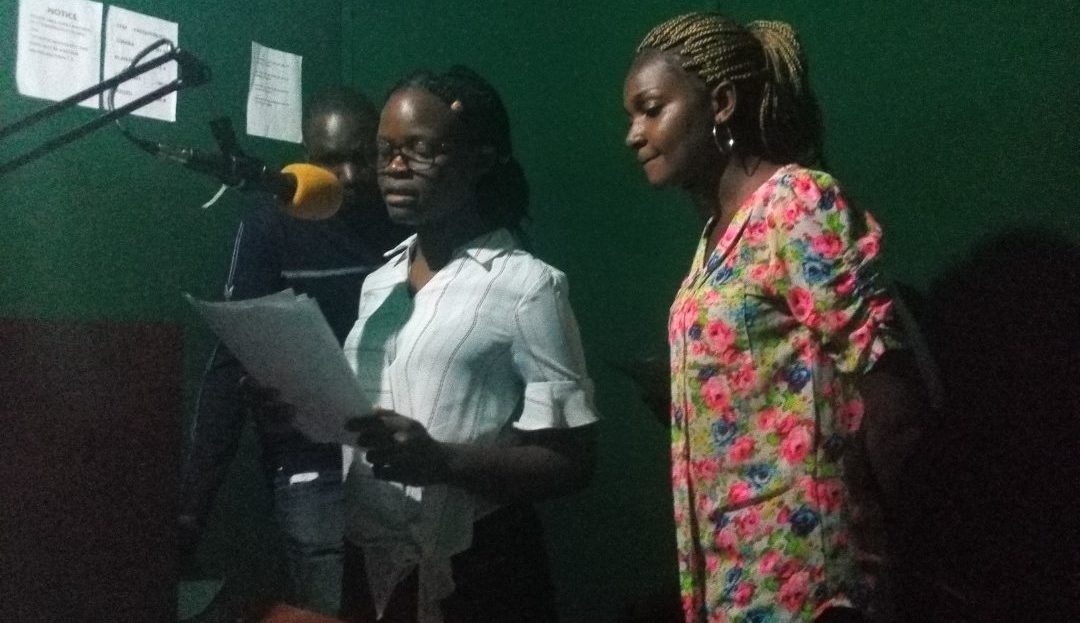Tikonzekere Arts Contests: Communicating Good Practices to Reduce Vulnerability through the Arts in Malawi
Background
There are many problems in Malawi for which there is a perceived need to get people to discuss good practices as a basis for them deciding on their preferred approach and taking action, such as:
- Destructive flooding and heavy rains in Malawi frequently disrupt food production and cause damages to and losses of assets and services for many households. Accelerated climate change is expected to increase the frequency and intensity of such extreme flood and heavy rain events, exacerbating problems of food insecurity, poverty, and livelihood and service access disruptions. Communities and households need to determine which actions to take to help reduce them through mitigation to prevent damages and losses and preparedness to minimize them during and after a flood or heavy rain event.
- 38% of women and girls in Malawi have experienced physical or sexual violence and 24% have experienced such violence from a current or former intimate partner within the past 12 months. Underlying contributing factors include a relatively high level of gender inequality, poor government representation to address these issues, perceptions of differences in men’s and women’s roles, and perceptions of appropriateness of certain learned attitudes and behaviors of males and females toward each other, toward children, and toward other vulnerable people.
- Household and office fires are causing human suffering and loss of property
- Blind people begging in urban areas and youth associated with the street are being removed with no alternatives provided
- 2021 began with an ever-increasing number of confirmed cases and deaths from COVID-19.
The government and the UN and other agencies and NGOs have many ideas about how to address such problems. The monologue approach of top-down communication from them can help motivate and empower local people to initially consider some aspects of the risk causes and effects based on different model conclusions. The dialogue approach of participatory communication among affected people and between them and these agencies can enable clarity regarding the most important similarities and differences. Contests with guidance notes based on top-down communication of perceived good practices and with flexibility for entrants to discuss and enter new ideas can help discourage an infodemic of false information while encouraging creative approaches to address these problems.
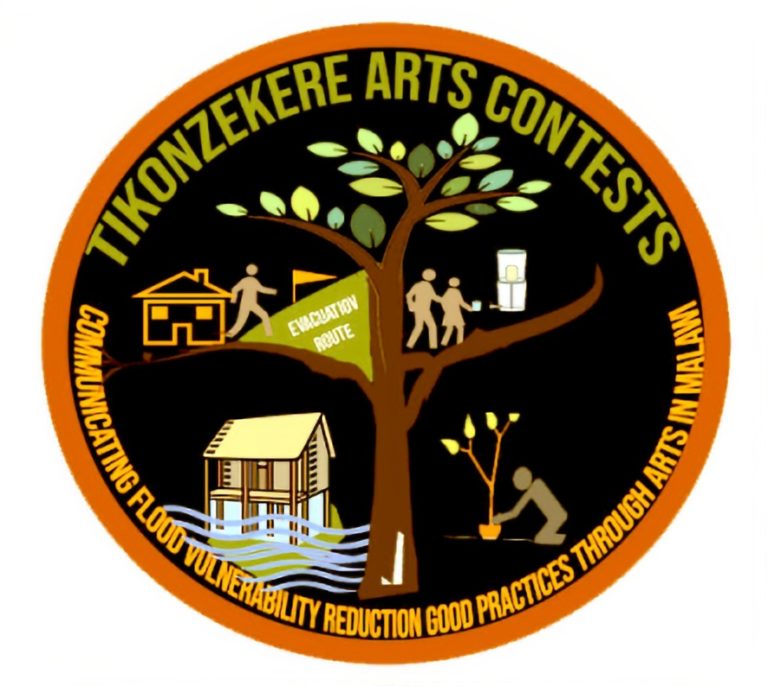
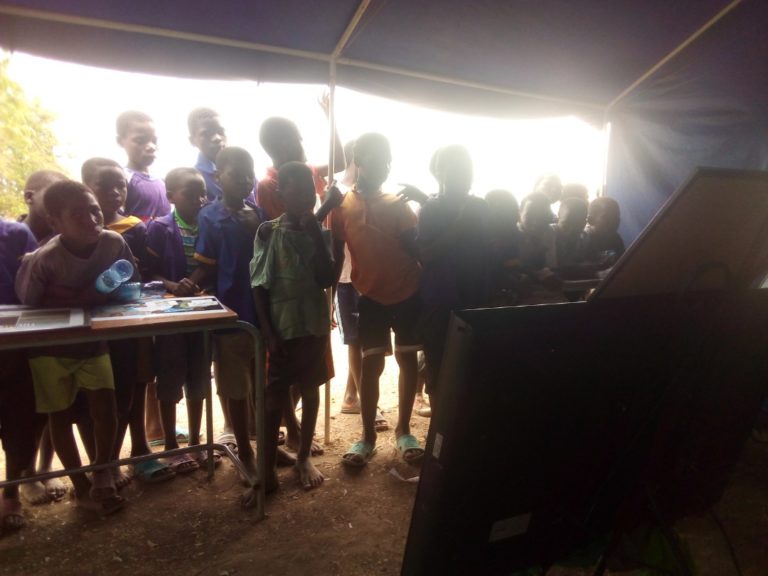
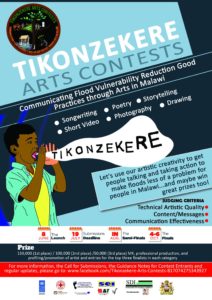
Approach
The Tikonzekere Arts Contests aim to create and disseminate engagingly entertaining and informative works of writing and art to help bridge the gap between information and better decision-making and action for reducing incidence of these problems. Lessons learned from conducting the 2019 Tikonzekere Arts Contests: Communicating Good Practices for Flood Vulnerability Reduction through the Arts in Malawi have been utilized in refinement of a hybrid top-down and participatory dialogue good practices communication and community engagement approach.
The processes of conducting the contests involve engaging people in creating artistic works (i.e., short stories, poems, songs, short videos, photos, drawings, theatre) that creatively synthesize external guidance and internal views. The external guidance is from relevant materials of messages that contest partners want to promote. The internal views will be insights contest participants have regarding these problems, their causal factors and what good practices can be encouraged to effectively address them. The contest entries in all categories are judged by professionals in the field of the specific problem for content quality, communication professionals for communication effectiveness, and renowned local artists in the different arts categories for artistic quality. In addition to receiving cash prizes and professional production of their completed artwork, selected winning contest entrants get their entries showcased through media outlets, social media, digital influencers, public events and online and small venue video broadcasts throughout the country that promote the messages.
